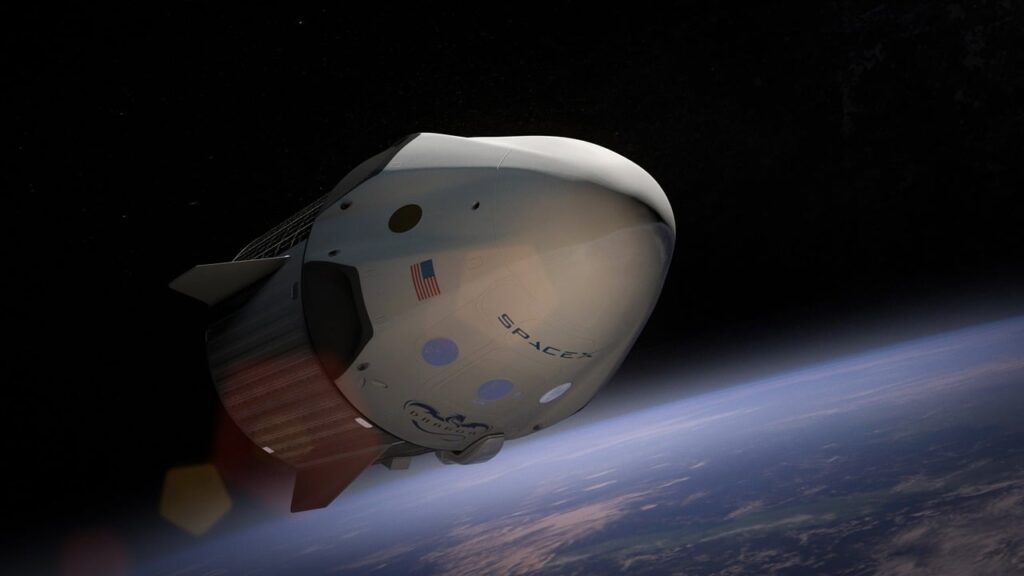Apple, the absolute powerhouse of smartphones, and Elon Musk’s SpaceX, which leads the private space industry, are now clashing head-on over satellite communication frequencies.
At the heart of the conflict is “internet in the air.” Apple is building a satellite communication network to allow iPhone users to send emergency messages even in areas without cellular coverage. To do this, Apple has invested over $1 billion in the satellite operator Globalstar and is trying to secure a specific frequency band.

However, SpaceX has raised objections over this frequency. The Starlink satellite network they are building aims to provide communication services worldwide. SpaceX has requested the U.S. FCC (Federal Communications Commission) to deny Globalstar’s application to use the frequency, arguing that “Apple is trying to inefficiently monopolize the spectrum.”
In other words, Apple and Musk’s side are now entering a full-fledged conflict over a limited spectrum resource. Industry insiders say, “This is not just a technical issue. It’s a battle to determine who will take the lead in satellite-based communication.”
What’s important here is that frequency is not just a technical element. Satellite communication sends and receives data via radio waves, and the wider and more stable the bandwidth, the faster more data can be transmitted. The problem is that this radio resource is not infinite.
The frequency band Apple uses allows signals to travel far and experience little interference, but it is limited in terms of data transmission speed. It is suitable for short, critical information like emergency messages. On the other hand, SpaceX is using a band with much faster data transmission, envisioning a service that replaces internet infrastructure entirely via satellites, including video streaming. Same space, different purposes — this is where the conflict arises.
Moreover, this frequency issue is not just about corporate interests. Since it has been traditionally used in public sectors like broadcasting, aviation, and the military, determining how much each party can occupy is more a matter of policy and politics than of technology. Depending on whose side the FCC takes, the global communication order could be significantly affected.
In the end, this conflict is not just a business expansion dispute. It’s an exploratory battle to decide who will dominate the new order of “sky-based communication networks.” And the result of this fight will soon be reflected in the smartphones in our hands.






